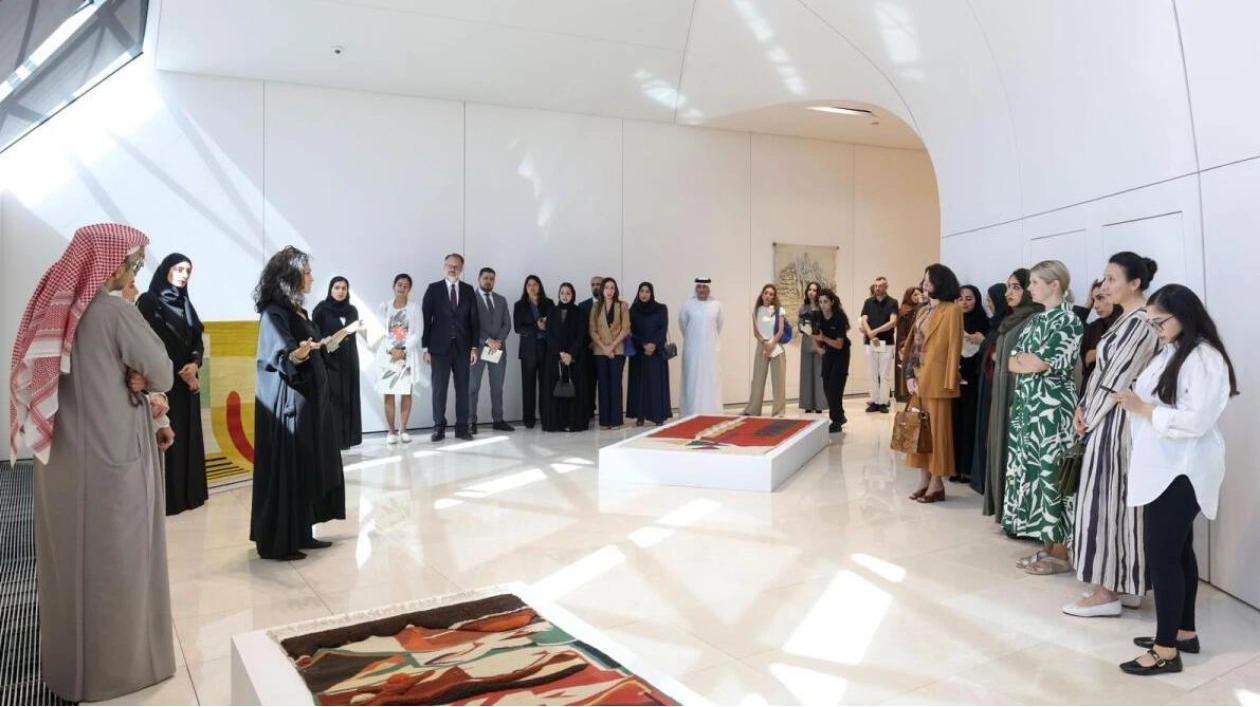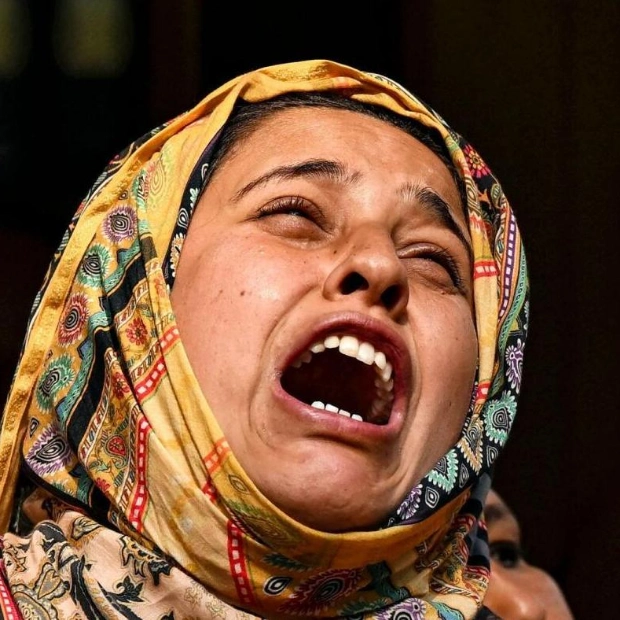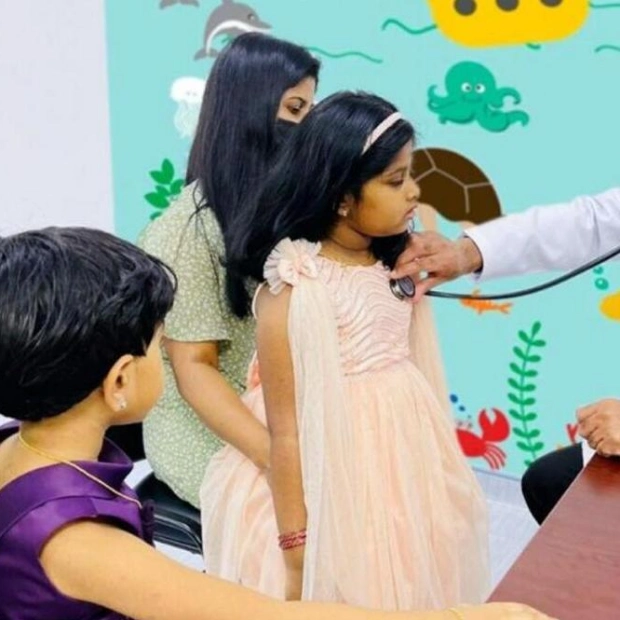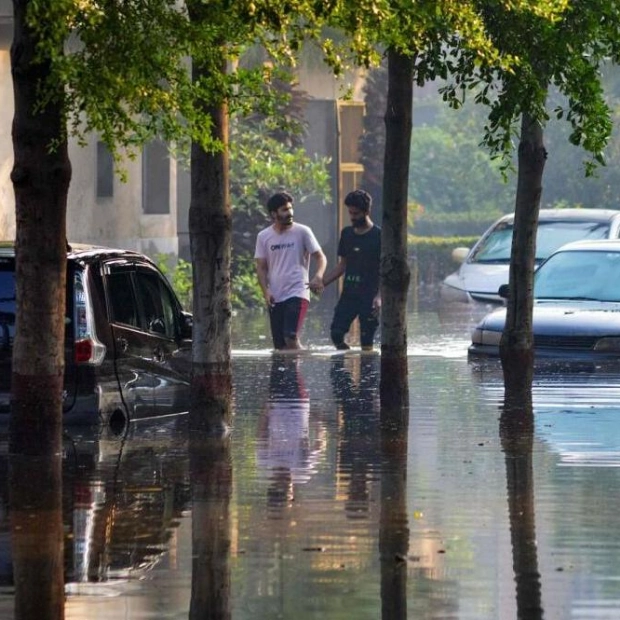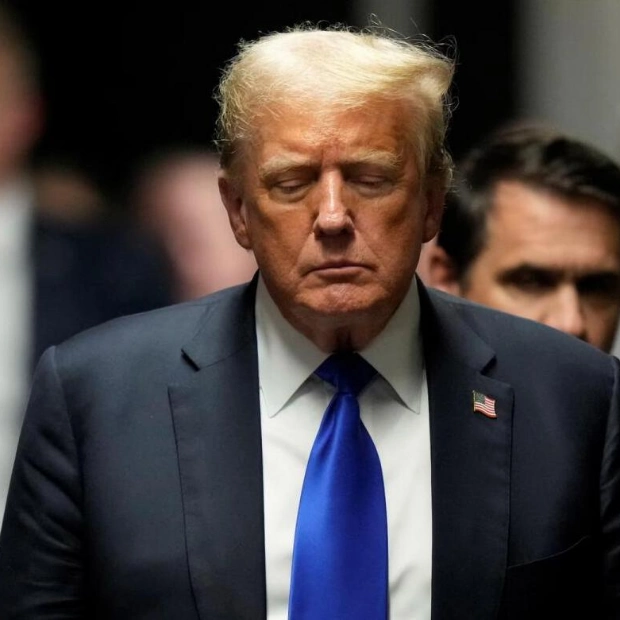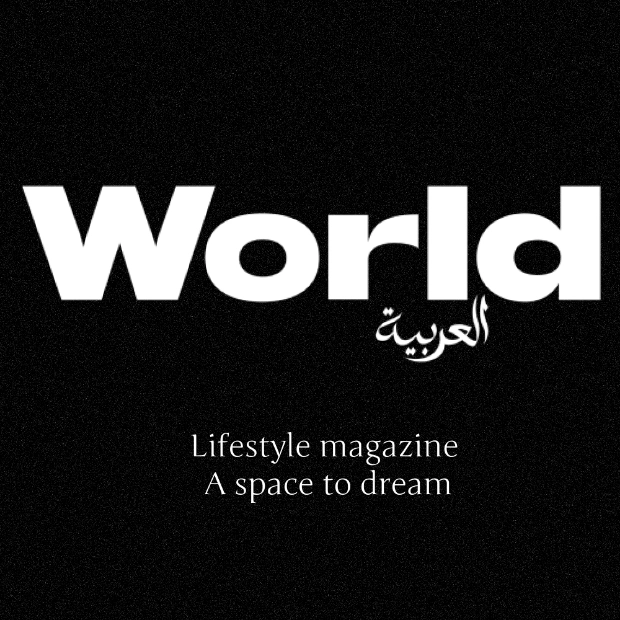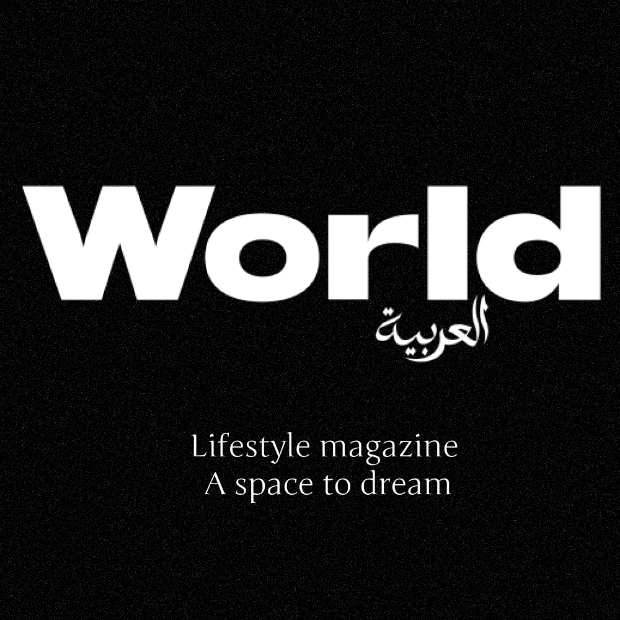In October 2022, curator and artist Nour Hage relocated from London to Dubai, driven by her passion for art and cultural preservation. She described the move as a "mutual decision" with her husband, both captivated by the dynamic art scene in the UAE. "The developments in arts and culture here are truly thrilling," said the British-Lebanese artist. "As an Arab artist, I felt it was both a desire and a duty to be part of this movement." With this in mind, Hage has dedicated herself to celebrating and promoting the contributions of Arab women in art, particularly in the field of textile work, which has historically been confined to domestic spaces and labeled as mere craft rather than fine art.
Hage's recent curatorial endeavor, 'Women's Work: From Craft to Fine Art,' aims to recognize the evolution of textile art and its role in cultural storytelling across generations. As Hage explained, "Women have employed textile work not just as a means of expression but also as a tool for transmitting knowledge and cultural identity from one generation to the next." Traditionally viewed as "an acceptable activity for women," textile manipulation through techniques like weaving and embroidery was often restricted to home environments or small community circles. These limitations both constrained and defined the medium, perpetuating the perception of textile art as a domestic task rather than a legitimate art form.
This exhibition seeks to recontextualize these deeply ingrained practices within the broader framework of contemporary fine art, showcasing the work of Arab women artists who have elevated the medium. In works like 'Village' by Fatima Shnesheh, embroidery transcends mere decoration to become a method of historical documentation. Shnesheh stitches the daily lives of villagers, preserving their stories in ways that written words or traditional art forms might not fully capture. "It's a way to memorialize village life for future generations," Hage notes, emphasizing the layered storytelling inherent in these textiles.
The exhibition is held at BEEAH's headquarters in Sharjah, in partnership with the Barjeel Art Foundation, housed in a striking Zaha Hadid-designed building that symbolizes Arab female creativity and innovation. Featuring the work of 14 Arab artists, the all-women exhibition spans a diverse array of talents from Morocco to Tunisia. Hage highlights 'The Weaver' by Bouchra Khalili, which draws parallels between weaving and filmmaking, both seen as storytelling methods that bridge generations and carry forward cultural wisdom. "In the Arab world, this transmission of knowledge through textile art has often been overlooked. For many women, it has provided not only a creative outlet but also a means of passing on cultural identity," she adds.
However, this transition from domestic craft to gallery-worthy art has not been without obstacles. Hage explains, "The biggest challenge was gathering information on some of the artists," especially those who worked decades ago when textile art was largely undervalued. "Because women artists were undervalued for a long time in the Arab world, particularly those working with textile, it has been difficult to find information on some of the older pieces." Exhibitions like 'Women's Work' serve a dual purpose: to celebrate the artistry and document the history of a medium that has been marginalized for far too long.
Hage's vision for the exhibition extends beyond the gallery walls. She hopes it will inspire a new generation of women to embrace and continue these traditional techniques. "My dream is that a young woman visits this exhibition, sees this body of work by these incredible women, and understands her place in that lineage," she said. For Hage, the ultimate goal is for young artists to see that they "can be the next great artist to work with these techniques that are part of our heritage" and recognize the power they hold to tell their own stories through this evolving medium.
Through 'Women's Work,' Hage has opened a gateway to the world of textile art, inviting viewers to reimagine it as more than just craft—a medium that honors the place of Arab women in the contemporary art world. In Hage's words, "We are documenting an incredible body of work," and with each stitch, each thread, these artists are weaving a new legacy for future generations. The exhibition runs until January 16, 2025, and is open to the public.
Source link: https://www.khaleejtimes.com
